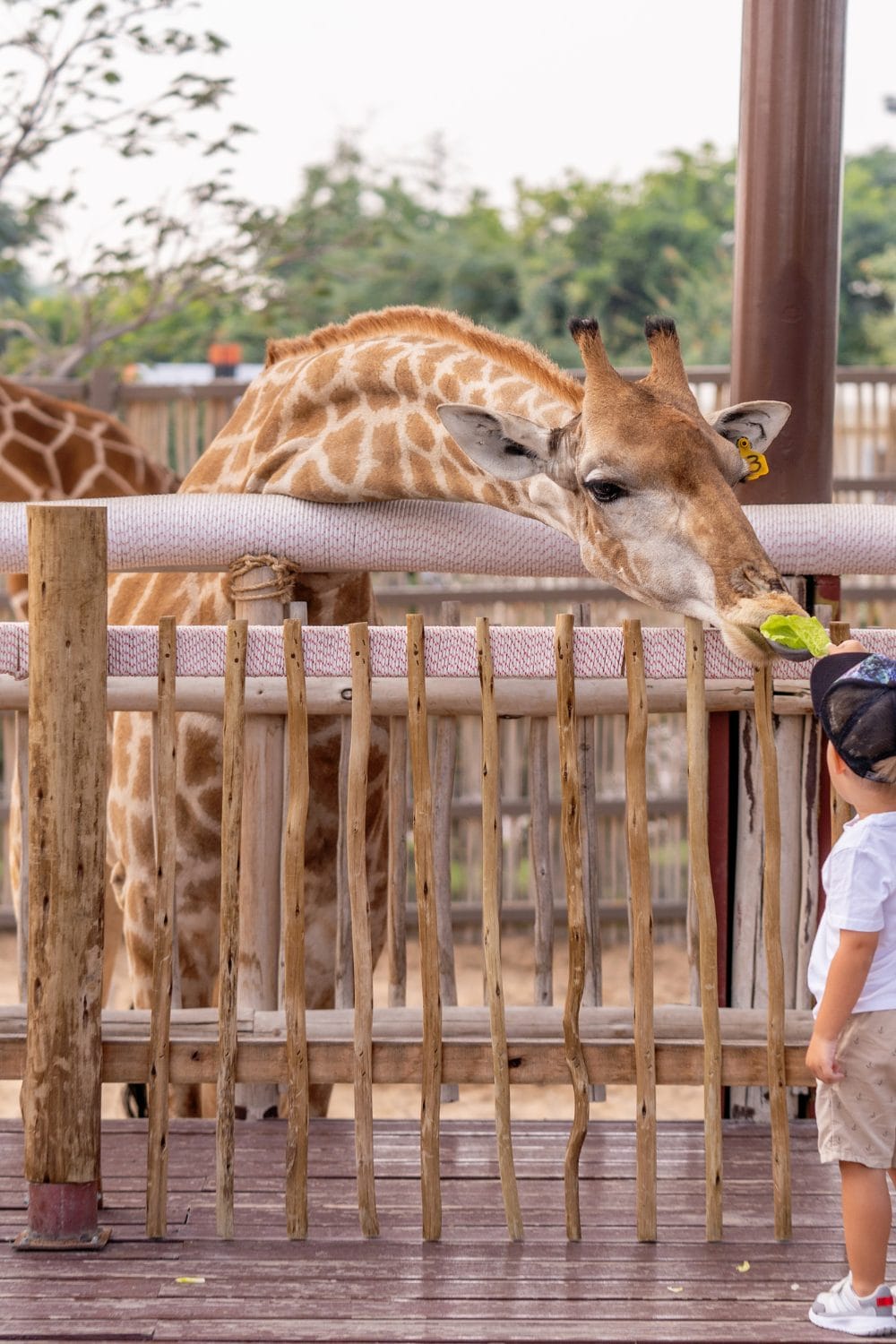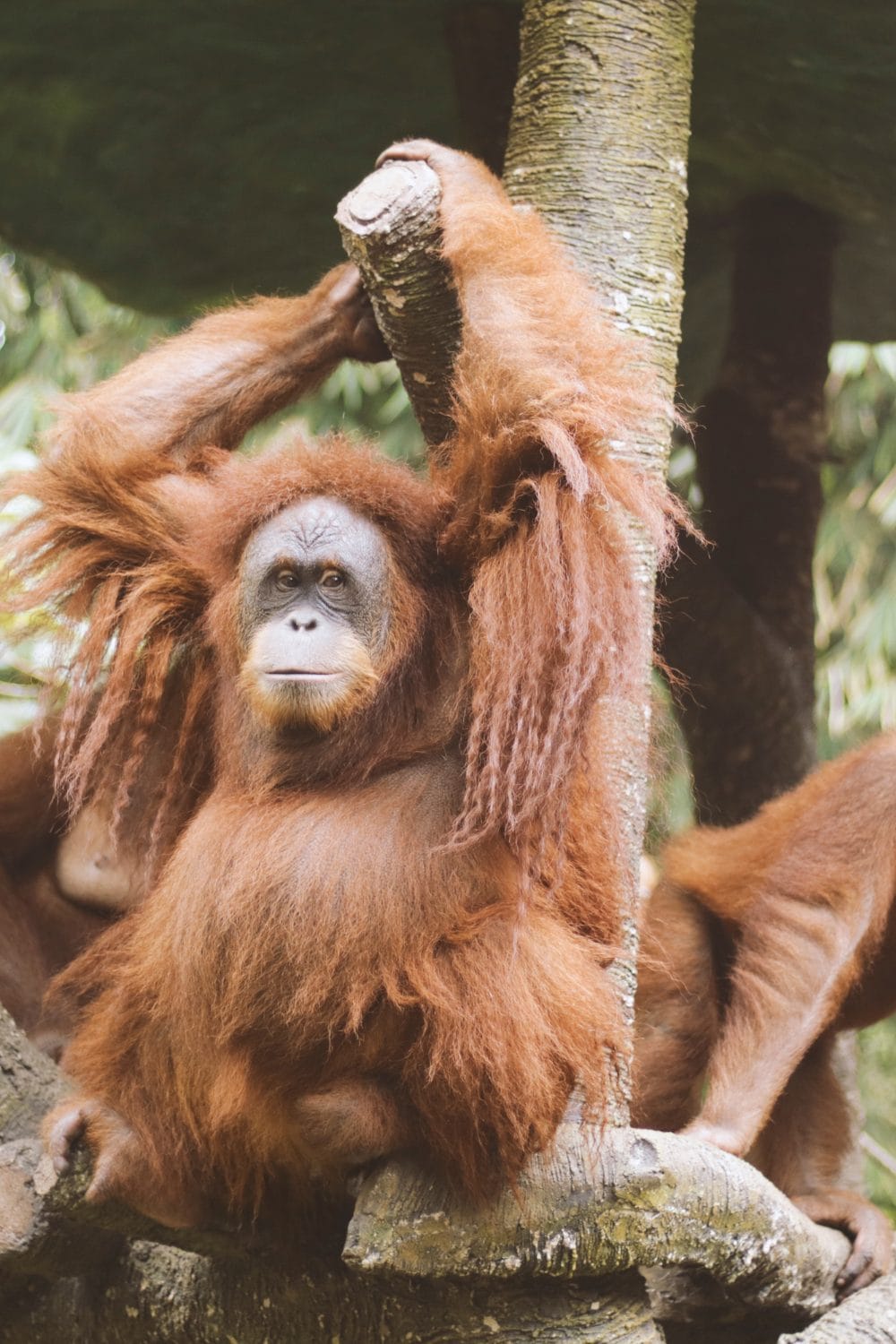
A visit to the zoo is more than just a leisure activity; it is an educational journey that offers a glimpse into the captivating world of wildlife.
Zoos have long been a source of fascination, providing an opportunity for people of all ages to learn about diverse animal species from around the globe.
From towering giraffes to playful otters, zoos bridge the gap between humans and the natural world, fostering a deeper appreciation for biodiversity.
This article delves into the history and significance of zoos, explains why visiting a zoo is a celebration of wildlife, provides tips for an enriching experience, and explores the ethical considerations surrounding animal captivity.
History of Zoos
The concept of housing and showcasing animals dates back to ancient civilizations. The earliest known zoos were created over 4,000 years ago in Mesopotamia, Egypt, and China.
These “menageries” were symbols of power and wealth, often featuring exotic animals acquired through conquest and trade.
In the 18th century, the modern zoo as we know it began to take shape.
The Tiergarten Schönbrunn in Vienna, established in 1752, is considered the world’s oldest continuously operating zoo.
The shift from private collections to public institutions marked a turning point, with zoos focusing on education, conservation, and scientific research.
The 20th century brought significant advancements in zoo design and animal care. Enclosures evolved from small cages to expansive, naturalistic habitats.
Today, zoos prioritize animal welfare and emphasize their role in conservation efforts, such as breeding programs for endangered species.
Significance of Zoos

Zoos play a pivotal role in conservation, education, and research. Here are some key aspects of their significance:
Conservation
Modern zoos are actively involved in breeding programs for endangered species, helping to preserve genetic diversity and prevent extinction. Examples include the successful breeding of pandas, Arabian oryx, and California condors.
Education
Zoos provide a unique opportunity for people to learn about wildlife in an up-close and personal way.
Educational programs, interactive exhibits, and guided tours help visitors understand the importance of protecting natural habitats and ecosystems.
Research
Zoos contribute to scientific knowledge by studying animal behavior, physiology, and genetics.
This research aids in understanding species’ needs and improving conservation strategies.
Recreation
For many, a visit to the zoo is a cherished pastime that combines entertainment with learning. It fosters a sense of wonder and curiosity, especially among children.
Why Celebrate Visiting the Zoo?

Visiting the zoo is an opportunity to celebrate biodiversity and connect with nature. Here are some reasons why it’s worth celebrating:
- Awareness: Zoos raise awareness about the challenges faced by wildlife, such as habitat destruction and climate change.
- Family Bonding: A day at the zoo offers quality time with loved ones, creating lasting memories.
- Inspiration: Observing animals in their habitats inspires a sense of responsibility to protect the planet.
- Support for Conservation: Admission fees often contribute to conservation projects, making your visit impactful.
Points to Remember for a Zoo Visit
To make the most of your visit, consider the following tips:
- Plan Ahead: Check the zoo’s website for operating hours, special exhibits, and events. Pre-book tickets to avoid long queues.
- Dress Comfortably: Wear weather-appropriate clothing and comfortable shoes for walking.
- Bring Essentials: Carry sunscreen, water bottles, snacks, and a camera or smartphone.
- Respect Animals: Avoid tapping on enclosures or feeding animals unauthorized food. Follow zoo guidelines to ensure animal safety.
- Engage in Learning: Participate in educational talks and demonstrations to enrich your experience.
- Practice Sustainability: Dispose of waste responsibly and consider using eco-friendly products during your visit.
Should Animals Stay in Zoos?

The debate over whether animals should remain in zoos is complex and multifaceted. Here are the primary arguments for and against:
Pros
- Conservation: Zoos help protect endangered species and facilitate breeding programs.
- Education: They offer a controlled environment for people to learn about wildlife.
- Research: Zoos provide valuable data for scientists, which can aid in species preservation.
- Safe Haven: They offer shelter to animals that are injured, orphaned, or unable to survive in the wild.
Cons
- Ethical Concerns: Critics argue that captivity restricts animals’ natural behaviors and freedom.
- Stress: Some animals may experience stress due to confined spaces or lack of stimulation.
- Questionable Conservation Impact: Not all zoos focus on genuine conservation efforts, leading to concerns about their purpose.
The solution lies in striking a balance. Accredited zoos that prioritize animal welfare, ethical practices, and conservation should be supported, while poorly managed facilities must be held accountable.
Conclusion

A visit to the zoo is a rewarding experience that combines education, recreation, and conservation.
It offers a chance to marvel at the beauty of wildlife and reflect on our role in preserving the natural world.
While ethical considerations about animal captivity are important, responsible zoos play a crucial role in safeguarding biodiversity and inspiring future generations to cherish and protect the environment.
So, the next time you plan a family outing or a solo adventure, consider a visit to the zoo. Not only will you enjoy an unforgettable day, but you’ll also contribute to a greater cause.
Frequently Asked Questions

Visiting a zoo provides a unique opportunity to learn about diverse animal species, support conservation efforts, and enjoy quality time with family and friends. It’s both an educational and recreational experience.
The ethics of zoos depend on their practices. Accredited zoos that prioritize animal welfare, conservation, and education are generally considered ethical. However, poorly managed zoos can raise ethical concerns.
Zoos contribute by running breeding programs for endangered species, funding habitat restoration projects, and raising public awareness about wildlife conservation.
Respect animals by not tapping on enclosures or feeding them unauthorized food. Follow zoo rules, stay hydrated, and dispose of waste responsibly.
Yes, zoos are an excellent destination for young children. They offer a fun and engaging way to learn about animals and nature while enjoying interactive exhibits and activities.
- How to Celebrate a Dog’s First Birthday on a Budget: 2026 Guide - February 18, 2026
- Best Shampoo for Sensitive Skin Dog Grooming: 2026 Guide - February 12, 2026
- 40+ Aesthetic Names for White Dogs (2026 Unique & Rare List) - February 6, 2026


GIPHY App Key not set. Please check settings